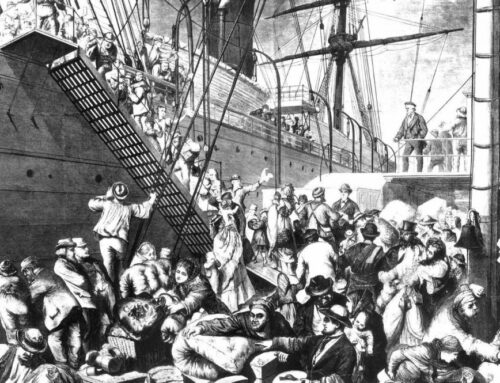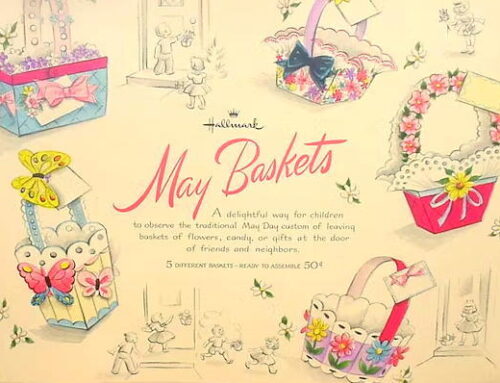Footsteps of early New England ancestors are always a treat to discover.
This great article in the travel section of the New York Times outlines early New England ancestral travel. Descendants following in the footsteps of the Pilgrims from England and the Netherlands to Massachusetts reveal an engrossing journey. The author writes:
LAST Thanksgiving my wife was trying to explain to our granddaughter, Lizzie, 5 at the time, that some of her ancestors had been participants at the original 1621 feast in Plymouth. “I know,” said Lizzie, who apparently had been learning about Thanksgiving in school. “We’re Indians!”
Actually, Lizzie’s forebears were Pilgrims. (My wife, like several million Americans at this point, is a Mayflower descendant.) Nowadays Pilgrims, with their funny, steeple-crowned hats and buckle shoes and their gloomy, pious ways (no games on Sunday, no celebrating even of Christmas!), have gone out of fashion. It’s true that upon arriving in the New World they were so hapless that they would surely have perished during their first winter without the help of the American Indians.
But the Pilgrims were nevertheless heroic in their way. There were a great many Puritans in England at the beginning of the 17th century who wanted to purge Christianity of what they considered the laxity and corruption introduced by Rome and by the insufficiently rigorous Church of England. But only a few hundred of them felt strongly enough to become separatists and emigrate to another land.
The 102 passengers who sailed on the Mayflower in September 1620 came from all parts England. Not all of them were religiously motivated. But the leaders of the religious separatist movement came from just a handful of farming villages in Lincolnshire, Nottinghamshire, and southern Yorkshire, most within walking distance of one another. This is not the touristy, thatched-cottage part of England, but it is beautiful nonetheless, and last spring my wife and I visited to see what we could learn about her ancestors, who in so many ways are forefathers to us all.
In the Pilgrims’ Footsteps is a great overview of this important period in history, even if you don’t have ancestors who broke bread at the first Thanksgiving.
What ancestry travel have you done or plan to do, Mayflower or not, to find your ancestral homes?





You’re welcome, Jacqi. Some stuff I didn’t know and what a trip that would be to take.
Great article. Thanks for sharing.